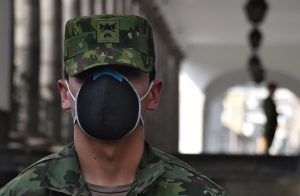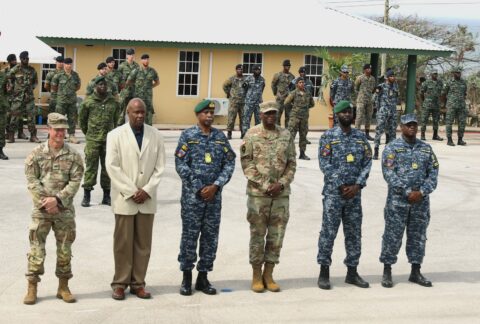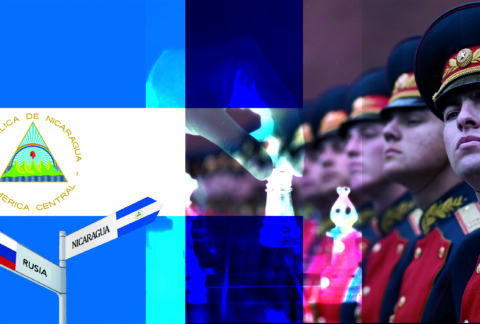The number of coronavirus cases in Ecuador continues to increase with nearly 2,000 cases as of late March and nearly 30 deaths.
President Lenín Moreno decreed a state of emergency throughout the country on March 16, and established a curfew from 9 p.m. until 5 a.m. to contain the expansion of the coronavirus. “I have decreed a state of emergency in the country, which is why public services are closed, except for health, safety, risk care, and those that the authorities decide to keep open due to emergencies,” Moreno said in a televised national message. “Stay at home, work from home,” urged Moreno.
According to Moreno, humanity is facing “a war” and that in this fight, he will “do everything possible and even impossible” to protect Ecuadoreans. The president announced that “the mobility of people and vehicles will be limited to the following activities: buying food, basic needs, and pharmaceutical products; attending health centers; moving to the workplace and going back home and caring for the elderly or disabled.”

In addition to these measures, passenger transport between the provinces will be suspended for 14 days, as well as the movement of private cars, except in the case of those vehicles that are authorized to do so.
Military response
According to a March 25 article by Ecuadorean daily El Universo, “The Ecuadorean Armed Forces are reinforcing operations on the northern border with a ‘Hypo-Mobile’ team that travels through sectors of the border with Colombia.” The mission of this team on horseback, during this period of emergency due to the coronavirus, is to prevent human trafficking and contraband that flows through 37 unrecognized binational areas that were identified a few weeks ago by the armies of both countries.
El Universo also reported that Army Colonel Franklin Pico, commander of the Andes Brigade, based in Tulcán, explained that these tasks are related to shielding the borders and blocking unauthorized crossings while the health emergency lasts. The regional commanders of the cantonized armies in Carchi and Nariño in Colombia agree that they seek to mitigate the risk of contagion from the virus among the border population, which could be carried by foreigners who enter irregularly without complying with sanitary protocols, are asymptomatic, or have the virus.
After President Moreno declared the province of Guayas as a “national security zone,” CNN en español reported on March 24 that the Governor of Guayas, Pedro Pablo Duart, and authorities of the Armed Forces and the Police have released details about a Joint Task Force that will operate in that province, which is the most affected by the coronavirus. The Joint Task Force foresees the presence on the streets of 3,300 uniformed personnel, comprised of the police force and military units, in about 300 vehicles. Controls will be more intense in four cantons: Guayaquil, Durán, Samborondón, and Daule.
The chief of staff of the Navy, Vice Admiral Amílcar Villavicencio, said that “By reason or force, we will save people’s lives,” emphasizing that they must act in Guayas in the face of the accelerated expansion of the coronavirus. Vice Adm. Villavicencio added that the Joint Task Force involves the participation of all the security forces in Guayas to prevent the spread of the virus.









